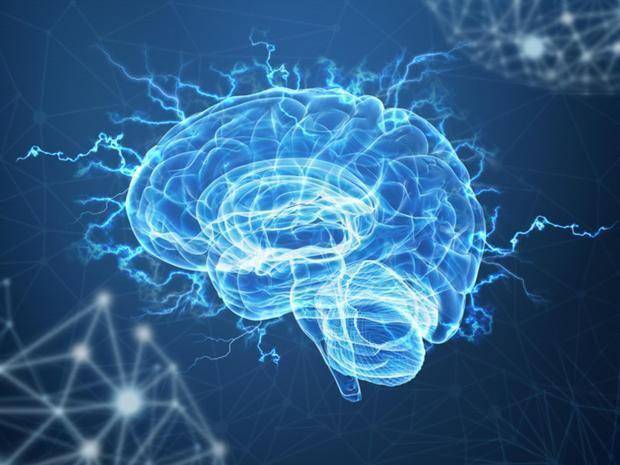“The brain does not accept that death is related to us,” said Yair Dor-Ziderman, at Bar Ilan University in Israel. “We have this primal mechanism that means when the brain gets information that links self to death, something tells us it’s not reliable, so we shouldn’t believe it.”
Being shielded from thoughts of our future death could be crucial for us to live in the present. The protection may switch on in early life as our minds develop and we realise death comes to us all.
“The moment you have this ability to look into your own future, you realise that at some point you’re going to die and there’s nothing you can do about it,” said Dor-Ziderman. “That goes against the grain of our whole biology, which is helping us to stay alive.”
To investigate how the brain handles thoughts of death, Dor-Ziderman and colleagues developed a test that involved producing signals of surprise in the brain.
They asked volunteers to watch faces flash up on a screen while their brain activity was monitored. The person’s own face or that of a stranger flashed up on screen several times, followed by a different face. On seeing the final face, the brain flickered with surprise because the image clashed with what it had predicted.
Various words appeared above the faces on screen. Half of the time these were death-related words such as “funeral” or “burial”. The scientists found that if a person’s own face flashed up next to deathly words, their brain shut down its prediction system. It refused to link the self with death and no surprise signals were recorded.
Avi Goldstein, a senior author on the paper, said: “This suggests that we shield ourselves from existential threats, or consciously thinking about the idea that we are going to die, by shutting down predictions about the self, or categorising the information as being about other people rather than ourselves.”
Dor-Ziderman added: “We cannot rationally deny that we will die, but we think of it more as something that happens to other people.” The study will be published in NeuroImage next month.
In the not-so-distant past, Zor-Diderman pointed out, our brain’s defences against thoughts of death were balanced out by the reality of death around us. Today, he believes, society is more death-phobic, with sick people confined to hospitals and elderly people to care homes. As a result, he suspects, people know far less about the end of life and perhaps come to fear it more.
Arnaud Wisman, a psychologist at the University of Kent, said people put up numerous defences to stave off thoughts of death. The young in particular may see it as a problem for other people, he said.
His own work had found that in modern societies people embraced what he called the “escape treadmill”, where hard work, pub sessions, checking mobile phones and buying more stuff meant people were simply too busy to worry about death.
“However, it is not a solution to the problem itself,” he said. “So we need to keep escaping.”
















































